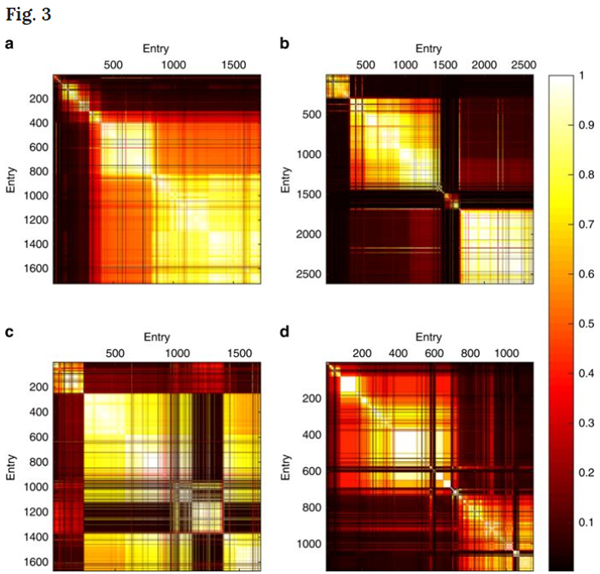Coding in a Petri Dish: the MATLAB Programming Contest Strikes Again!
Some of you will remember a semi-annual programming contest that we ran here from 1999 to 2012. Some of you participated in it! Each contest ran for a week, and the contestants had to solve an optimization problem in MATLAB. There are a lot of programming contests out there, but the unusual wrinkle in this particular one was its openness. Once you submitted your code, everyone else could see it and learn from it (that is, steal it). It didn’t always lead to the prettiest code, but the algorithms improved with shocking speed. (If you want to learn more about the old contest, you can read about it here.)

I am delighted to report that the spirit of our old contest is alive. The MATLAB Programming Contest is being revived by researchers at the University of St Andrews in Scotland. Dr. Luke Rendell and a doctoral candidate in his group, Elena Miu, are researchers in the School of Biology with an interest in how culture evolves. They write, “If you decide to take part in our study, we’ll be using your submissions to investigate how the code changes over time and explore the interaction between innovation, sharing, and collective improvements.”
Think about that for a second. Your code will be the slime in the petri dish, and real live biologists will record how it mutates and spawns, scribbling in their field notebooks as you fiddle with your algorithm.
Look! It sprouted a secondary routine for spline reticulation! And the sparse diagonalization method has atrophied and decayed into a withered stump. Apparently it’s being colonized by some sort of simplex optimizer or… is that Nelder-Mead? No, it’s a Krylov subspace method. Goodness me! Where did that come from? That’s a rare variant in these latitudes, probably blown off course by a sabbatical.
I can’t wait to read the resulting paper.
But seriously, the nature of networked collaborative innovation is poorly understood. This contest makes a perfect observational test bed. Here’s your chance to have fun and assist cognitive science at the same time. Who knows? You might show up as a particularly clever anonymized data point in the Proceedings of the Royal Society. But I can’t make any promises. The only thing I can say for sure is: you can’t win if you don’t play.
Here are some details. You can find the contest here: Cumulus Contest. St Andrews runs the site, while MathWorks provides the computational horsepower on the back end. We also helped with the problem definition. I think it should be an especially fun one. The contest doesn’t start until next Monday, 13 February, but you can sign up right away. Good luck, and we’ll see you in the queue!









评论
要发表评论,请点击 此处 登录到您的 MathWorks 帐户或创建一个新帐户。